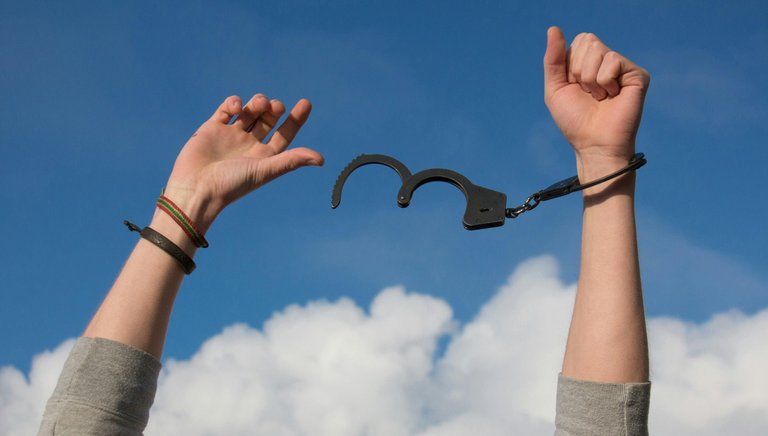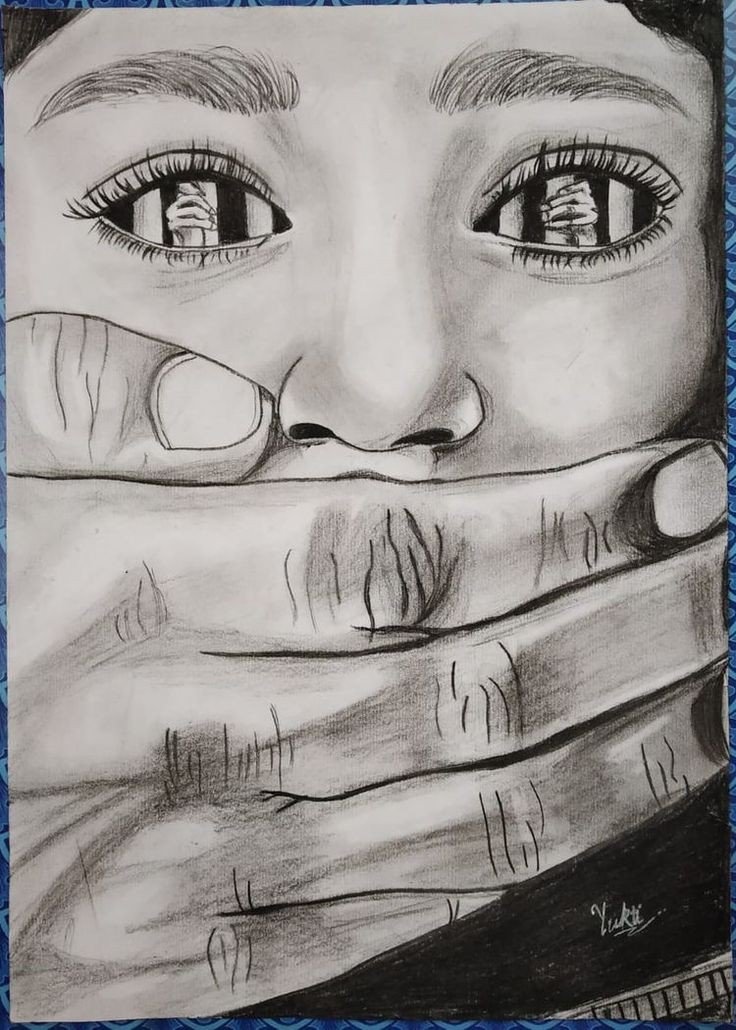The Night Of Darkness: A Story inspire By The Abduction of the Chibok Girls In Nigeria.
Chibok, a small village in northeastern Nigeria, erupted in laughter and learning in April 2014. Girls like Amina were looking forward to their impending exams, thinking of futures full of education and opportunities. They studied hard at the Government Girls Secondary School, where they were encouraged by their families and teachers.
But one tragic night, when the sun set behind the hills, Chibok's peacefulness was disturbed. Amina and her classmates were getting ready for a night of studying when the unmistakable sound of motors filled the air. Suddenly, armed men invaded the school grounds, shouting and firing into the air.
Fear gripped the girls as chaos broke out. They dashed for cover, but the attackers were unrelenting. The Boko Haram insurgents had come after them, intending to kidnap as many females as possible. Amina felt her heart pound in her chest as she saw her companions disappear, some weeping out for their families.
Despite the danger around her, Amina found a spot to hide. She could hear her students' screams and the extremists' chants. Hours passed in what seemed like an age, and when silence fell, she dared to peek out. The attackers fled, taking with them around 200 girls, including several of Amina's close friends.
Weeks passed as word spread about the catastrophe throughout the world. Social media users began using the hashtag #BringBackOurGirls, which sparked indignation across the globe. In the camp where her family had taken refuge, Amina, who was still in hiding, heard the news in whispers. Her sorrow increased with each update on the girls' fate.
Desperate for answers, the families of the kidnapped girls staged vigils and protests in the next months. They made their way to the nation's capital and demanded that the government act. Amina's mother was one among the marchers; she carried a photo of her daughter and spoke in a shaky but determined tone.
The abducted girls, meanwhile, had to endure unspeakable horrors under the shadow of the forest. They were deprived of their rights and dreams, and forced to live in constant terror. Amina continued to be optimistic and clung to the notion that she would eventually be reunited with her family. Her friends' experiences and their murmured prayers, which served as a reminder of the lives they had left behind, brought her comfort.
A few girls were able to escape and told terrifying stories of their captivity as the world kept calling for justice. Amina felt a twinge of hope mixed with the anguish in her heart for them. The likelihood of liberation increased with every escapee. After two years, Amina's persistence paid off. She and some females took the opportunity during a risky military action and, with the help of the moonlight, made their way into the night. Fueled by the hope of getting home, they raced through the woodland.

When they eventually emerged into a clearing, they were greeted by soldiers who had been looking for them. Amina dropped to her knees, tears running down her cheeks as she realized she was free. She was transported to a safe environment where she might begin to heal. The world watched as the remaining Chibok girls were gradually brought home, each story demonstrating fortitude and strength. Amina's return inspired renewed action, with her and her fellow survivors speaking out for reform and education for girls nationwide.
The tragedy of the Chibok girls remains a tragic part in Nigerian history, serving as a reminder of the importance of remaining vigilant against violence and oppressive forces. Amina's journey from captivity to freedom represents optimism in the face of adversity, demonstrating that even in the darkest hours, the light of education and dedication will never be extinguished.
Thank you
Harrison Eugene






